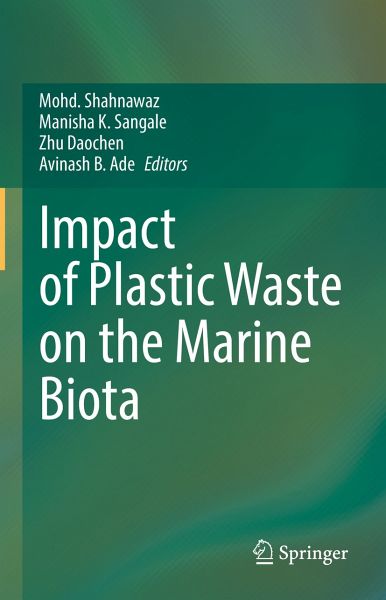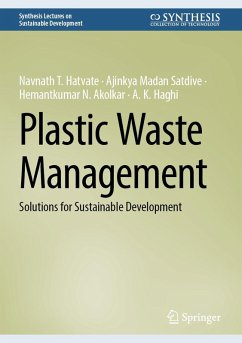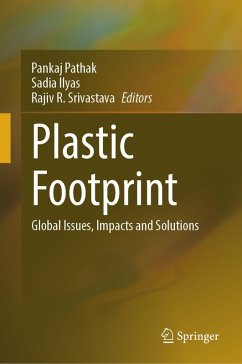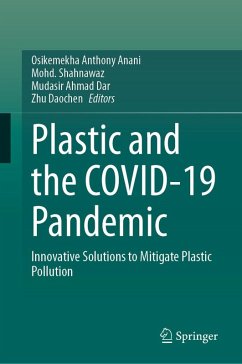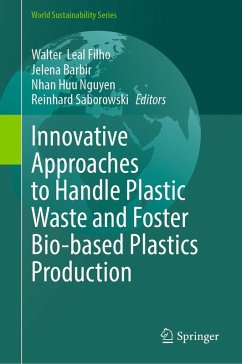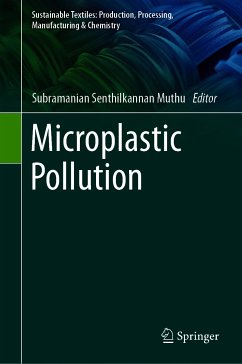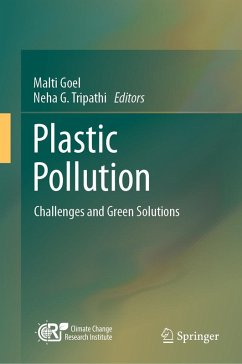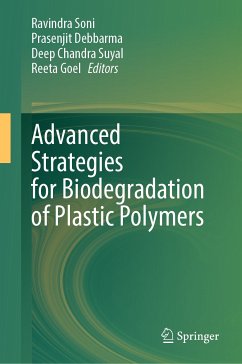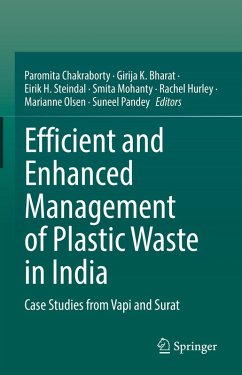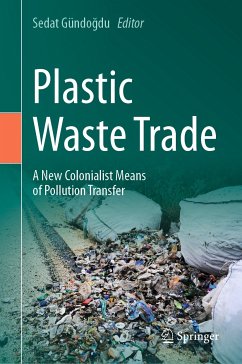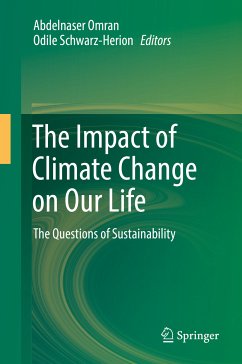Recently, Dr. Mohd. Shahnawaz got selected as an Associate Professor at Biofuel Institute, School of the Environment and Safety Engineering, Jiangsu University, Zhenjiang, China. Last year, he got selected as a postdoc fellow at Yeungnam University, South Korea; however, due to the COVID-19 scenario, he was not able to join. He has several years of teaching and postdoctoral research experience. Dr. Shahnawaz worked on bioremediation of polythene at the Botany Department, SP Pune University, during his doctoral research with Prof. A. B. Ade. He is recipient of various fellowships awarded by the SPPU, UGC-BSR, UGC-MANF, and DST-SERB. His research interest is in Ecology, Microbiology, Bioremediation, and Plant Biotechnology. Currently, he is focused on the mitigation of microplastic using bioremediation technology. He has served as a reviewer and editor for several international journals and had received the Young Scientist Award (2019) from VDGood Professional Association at Vishakhapatnam, India. He has published more than 20 research articles in peer-reviewed journals and authored/edited 8 books of international repute. Dr. Manisha K. Sangale is currently working as a Scientist at Cyfoeth Naturiol Cymru, Natural Resource Wales, Swansea, United Kingdom. Previously, she worked as an Assistant Professor (Botany) at Radhabai Kale Mahila Mahavidyalaya, Ahmednagar. She had also worked as an Assistant Professor (Botany) at SM Joshi College, Pune, and Yashvantarao Chavan Institute of Science, Satara. She worked on bioremediation of polythene with Prof. A. B. Ade in the Botany Department at Savitribai Phule Pune University. She received UGC-BSR fellowship during her doctoral degree. Her research interest is in Phycology, Mycology, Ecology, Microbiology, and Bioremediation. She has served as referee for a number of international journals. She has published more than 17 research articles in peer-reviewed international journals and authored/co-authored 2 bookof international repute. Recently, she received the Young Scientist Award by VDGood Professional Associations. Dr. Daochen Zhu is currently working as a Professor at Biofuel Institute, School of the Environment and Safety Engineering, Jiangsu University, Zhenjiang, China. Previously he had served as an Associate Professor and Assistant Professor at the same University. He has earned his Ph.D. in Environmental Biochemistry from Kobe University, Japan (2008). He has completed his B.S. in Fermentation Engineering from Dalian Polytechnic University, China (2004). During the tenure of his career, he also worked at Washington State University, USA, as a Visiting Scholar (2015-2016). He is a recipient of numerous awards and funding, which support his research at Jiangsu University, China. Dr. Zhu is a recognized guide for M.S. students. He is a reviewer and editorial board member of various peer-reviewed journals of international repute. His research group mainlyfocuses on microorganism resource and diversity, lignin biodegradation and chemicals product, and biodegradation of organic pollutants. He is also interested in the mitigation of microplastic through bioremediation technology. Dr. Zhu has 50 peer-reviewed publications, 12 patents, and 2 book chapters to his credit with international repute. Dr. Avinash B. Ade is currently working as a Professor and Head of the Department of Botany, Savitribai Phule Pune University, India. He has earlier served as an Associate Professor (2005-2009) and Assistant Professor (1997-005) in the Department of Botany, Dr. Babasaheb Ambedkar Marathwada University, India. His research interest is in Ecology and Cytogenetics with specialization in Plant-Microbes Interaction and Bioremediation. He has been conferred with various prestigious awards, notably, Dr. M. A. Dhore Gold Medal for standing first in the order of merit in M.Sc. (Botany) examination conducted by Amravati University, Amravati (1996). He has served as referee for a number of national and international journals. Dr. Ade has more than 21 years of teaching experience in plant ecology, cytogenetic, genetics, plant pathology, and bioremediation. He has also published more than 65 research articles in peer-reviewed international journals and authored/edited more than 10 books and numerous book chapters. He is a member of many international scientific societies and organizations.
